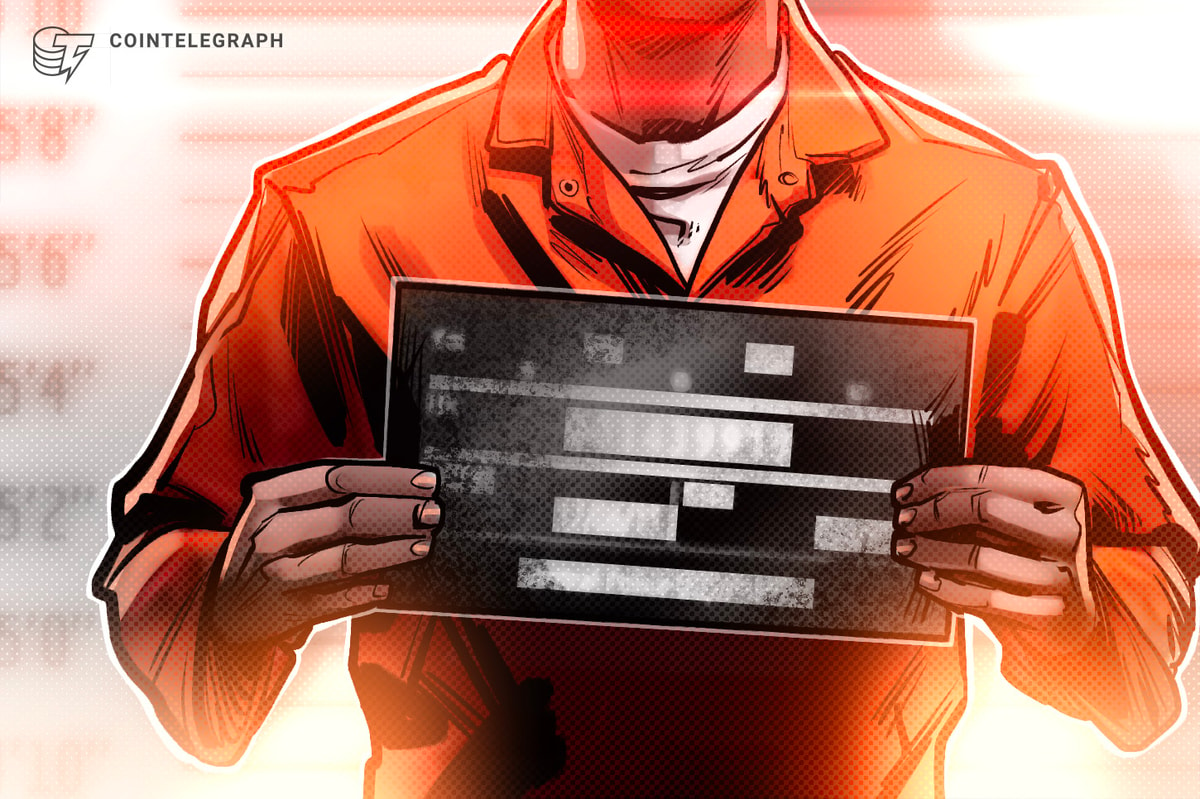The United Nations Office on Drugs and Crime (UNODC) has released a new report on cybercrime in Southeast Asia. This is the agency’s second report on the topic.
The UNODC published its first report on Southeast Asia in January and criticized Tether’s role in the region’s economy.
The new report continues to track the “convergence of cyber-enabled fraud, underground banking, and transnational organized crime.” Tether is mentioned, but this time Telegram (TON) receives much more unfavorable attention.
The illicit service economy
Cyber-enabled fraud continues to grow in Southeast Asia and caused losses of between $18 billion and $37 billion in 2023, and most of those losses were due to organized crime, the report said. This huge scale implies the professionalization of activities:
“Criminals are no longer required to handle their own money laundering, coding malware, or stealing sensitive personal information […] Instead, these key components can be purchased from service providers in underground markets and forums, often at very accessible prices.”
Furthermore, “There is strong evidence of underground data markets moving to Telegram,” the report continued. Those markets include underground cloud of logs services that help bad actors access confidential information, infostealers, crypto clippers and drainers, deepfakes and more.
Source: UNODC
The UNODC did not spare Tether (USDT) and TRON (TRX) in the report. It said:
“Authorities in East and Southeast Asia […] continue to report that stablecoins, and particularly Tether (USDT) on the TRON (TRX) blockchain, represent the preferred choice for Asian crime syndicates engaged in cyber-enabled fraud and money laundering operations.”
Related: Telegram’s policy shift raises privacy concerns
Telegram assailed from all sides
The UNODC report comes at a bad time for Telegram CEO Pavel Durov. Durov was arrested in France on Aug. 24 on charges related to activities that take place on Telegram. He is currently free on bail in that country.
Source: WIO News
In France, charges against Durov include complicity with illegal activities, refusal to communicate to authorities, money laundering, criminal association and providing cryptology services without prior declaration.
French prosecutors say Durov faces up to 10 years in prison and a 500,000 euros ($550,000) fine.
Magazine: Did Telegram’s Pavel Durov commit a crime? Crypto lawyers weigh in











